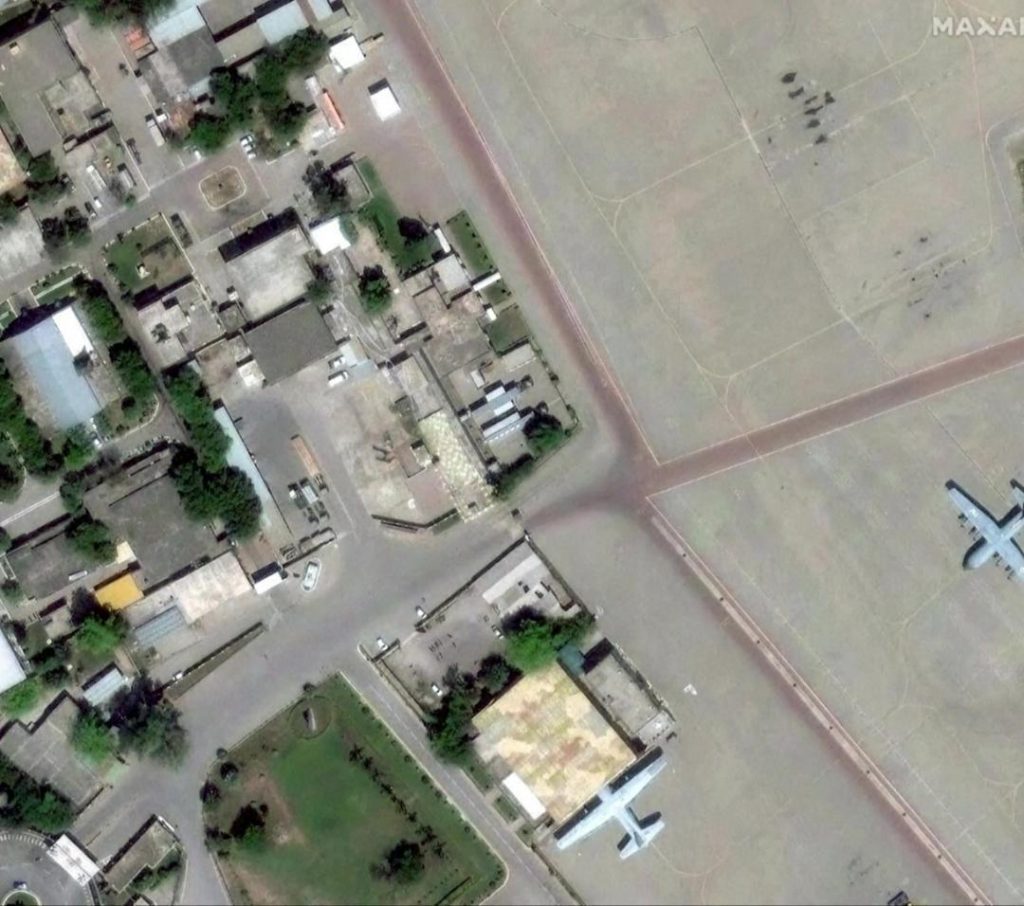
Air Defence Systems of China & Pak No Match for India’s BrahMos: Expert
In a recent development, American urban warfare expert, Colonel (Retd) John Spencer, has hailed India’s Operation Sindoor, saying that the air defence systems of China and Pakistan are no match for India’s BrahMos missile. According to Colonel Spencer, the precision strikes carried out by India using BrahMos missiles to damage Pakistan’s air bases sent a clear message that India can hit anywhere in Pakistan at anytime.
The BrahMos missile, developed by India in collaboration with Russia, is a supersonic cruise missile with a speed of over Mach 2.8, making it one of the fastest air-to-surface missiles in the world. The missile has a range of over 290 kilometers and can carry a payload of 200 kilograms. Its high speed and maneuverability make it a highly effective weapon against enemy air defence systems.
Colonel Spencer’s remarks come at a time when India and Pakistan are engaged in a bitter conflict over Kashmir. The Indian Air Force (IAF) has been carrying out precision strikes against Pakistan’s terrorist camps and air bases using BrahMos missiles. The IAF has also been using these missiles to target Pakistani military installations, including the Pakistan Air Force’s (PAF) bases.
The BrahMos missile has proven to be a game-changer for the IAF, providing it with a significant advantage over the PAF. The missile’s high speed and maneuverability make it difficult for Pakistan’s air defence systems to intercept, giving the IAF a significant edge in the battlefield.
Colonel Spencer’s comments are significant because they come from a respected military expert who has extensive experience in urban warfare. As a retired Colonel of the US Army, Colonel Spencer has served in various capacities, including as the Director of the Urban Warfare Studies Group at the Modern War Institute at West Point. His views on the military capabilities of different countries are highly respected, and his comments on the BrahMos missile are particularly noteworthy.
In an interview with Live Hindustan, Colonel Spencer said, “Chinese air defence systems and missiles are sub-par vis-à-vis India’s systems. India’s message was clear. It can hit anywhere in Pakistan anytime.” He added, “The BrahMos missile is a highly effective weapon, and its precision strikes have given India a significant advantage on the battlefield.”
Colonel Spencer’s remarks are not surprising, given the capabilities of the BrahMos missile. The missile has been used by the IAF with great success in the past, and its high speed and maneuverability make it a highly effective weapon against enemy air defence systems.
The BrahMos missile is not the only advantage India has over Pakistan. The IAF has a significant advantage over the PAF in terms of numbers and quality of aircraft. The IAF has a large fleet of Su-30MKI fighter jets, which are highly advanced and capable of carrying out precision strikes. The PAF, on the other hand, has a smaller fleet of F-16 fighter jets, which are not as advanced as the Su-30MKI.
India’s military superiority over Pakistan is not limited to its air force. The Indian Army is also significantly stronger than the Pakistan Army, with a larger number of troops and more advanced equipment. The Indian Navy is also more powerful than the Pakistan Navy, with a larger fleet of ships and submarines.
In conclusion, Colonel John Spencer’s comments on the BrahMos missile are significant because they come from a respected military expert who has extensive experience in urban warfare. The BrahMos missile is a highly effective weapon that has given India a significant advantage over Pakistan. Its high speed and maneuverability make it difficult for Pakistan’s air defence systems to intercept, and its precision strikes have been highly effective in damaging Pakistan’s air bases and terrorist camps. As the conflict between India and Pakistan continues to escalate, the BrahMos missile is likely to play a key role in India’s military strategy.






